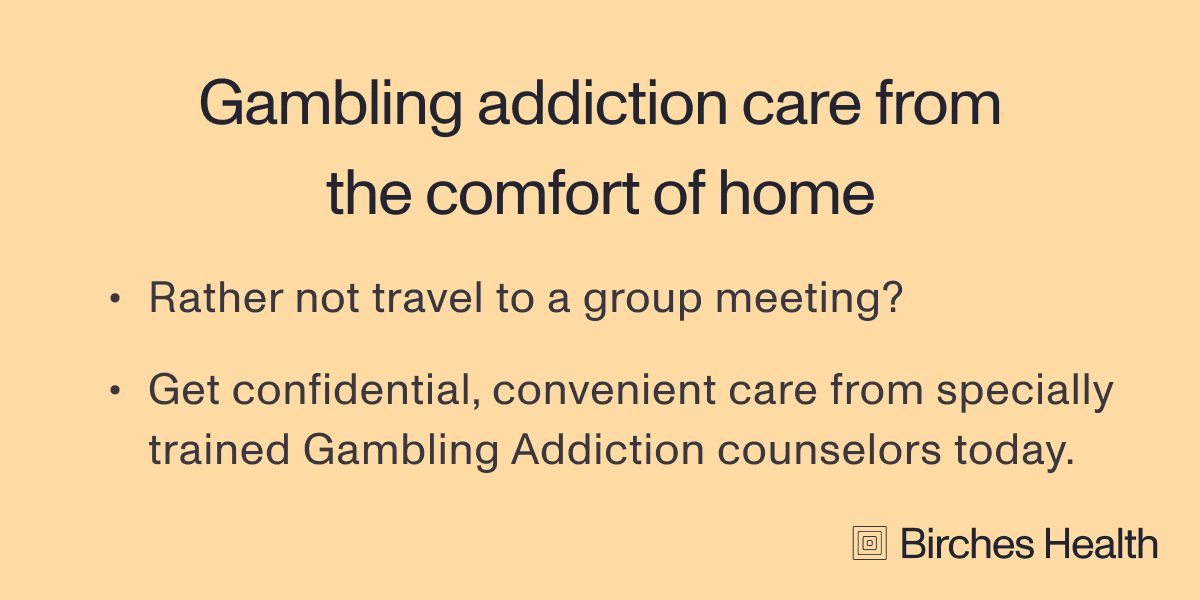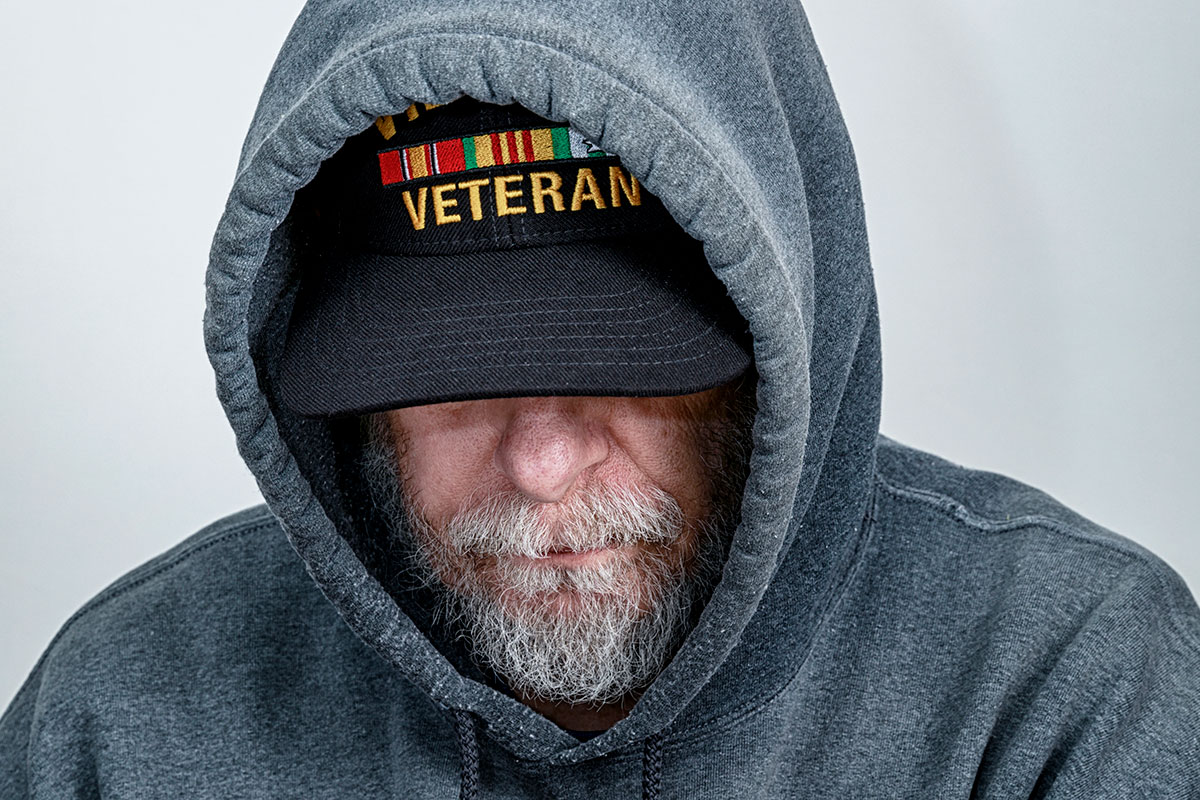Veterans Mental Health: Specialized Services & Support
Published:
Dec 18, 2024
,
11:26 a.m.
ET
Updated:
Feb 7, 2025
,
3:39 p.m.
ET

In the United States, there are approximately 18 million Veterans and 2.1 active-duty and reserve military members. After the events of September 11, 2001, approximately 2.8 million military personnel were deployed and added to the number of current Veterans that experienced prolonged combat. Of those who were deployed to Afghanistan and Iraq, up to 16% have reported being affected by PTSD or depression. Other concerns such as suicide, traumatic brain injuries (TBI), interpersonal violence and substance disorders are prevalent in the Veteran population.
The need for specialized mental health services for Veterans is paramount, as the number of those reporting mental health concerns has risen significantly, with 1.7 million Veterans seeking treatment through Veterans Affairs (VA) in 2018 alone. There are also other resources outside of the VA, including Birches Health’s specialized services for Veterans. Birches works as an in-network provider with TRICARE and the other major insurance carriers nationally. This helps keep the cost of specialized care for Veterans low, or even free.
Common mental health challenges for Veterans
Depression
Depression affects approximately 20% of Veterans, with rates in the military notably higher than regular civilians. The stressors of the military lifestyle can impact Veterans long after they leave active duty. Relocations, deployments, time away from family and combat exposure are all factors that may contribute to a military member developing depression. Birches Health clinicians have also seen firsthand that the potential difficulties of finding a job after active duty can add stress and cause depression as well.
The rate of suicidal ideation is around 11% among Veterans in general. For those who have co-occurring substance use disorders, the rates rise to 18%.
Addictions and Substance Use Disorder (SUD)
Veterans are also more susceptible to developing addiction or substance use disorders, at times based on the traumatic experiences that accompany military employment. It is important to know the risk factors and statistics surrounding specific mental health diagnosis that affect Veterans so that accurate identification and treatment can be utilized.
Gambling Addiction
Research conducted by the VA found that 10% of Veterans meet the criteria for problem gambling, considerably higher than the 2-3% of the general population. Compulsive gambling has become so prevalent that there were more Veterans diagnosed with gambling addiction in the first six months of 2024 than the entirety of 2022. It is also important to note that 20% of military personnel diagnosed with problem gambling were women.
Access to gambling is more convenient than ever, and many of the most populated U.S. military bases are located near casinos, making them an easy spot to visit during time off. Some overseas military bases even have slot machines on premises, though there has been a recent push to ban those. Birches Health has specialized treatment for Veterans struggling with gambling addiction from the comfort of an individual's own home.

Speak confidentially with a care specialist from Birches today
Sex and Porn Addiction
Sex and Porn Addiction can be characterized by uncontrolled sexual urges or behaviors that have a negative impact on an individual's personal life, physical or mental health. The VA reported that 14% of men and 4% of women with past military experience reported symptoms of Compulsive Sexual Behavior (CBS) post deployment.
Sex or porn addiction may be a mechanism used by Veterans to cope with trauma experienced while on active duty. Post Traumatic Stress Disorder (PTSD), sexually transmitted disease, gambling addiction and suicidality were all co-occurring disorders that were identified in Veterans that struggled with sex or porn addiction. CSB is also linked to Traumatic Brain Injuries, which Veterans are at an increased risk for if they engaged in combat during their time in the military.
Substance Use Disorder
Veterans are at a particularly high risk of developing Substance Use Disorders (SUD). Factors that may contribute to substance use disorder in the Veteran population include military culture, trauma and stress related to combat, chronic or physical pain, PTSD and coping with civilian life.
Of those that seek out treatment through the VA, 11% of Veterans report struggling with substance abuse. Alcohol abuse was the primary concern reported by Veterans, followed by illegal substances. Substance use disorder in Veterans has been linked to a decline in physical health, shorter life span and committing violence.
Post-Traumatic Stress Disorder: PTSD
As you may expect, PTSD is more common in Veterans than civilians without any military experience. Those who experienced combat were also three times more likely to develop PTSD versus military personnel who did not. PTSD affects 7% of Veterans at some point during their life. Rates of PTSD in Veterans have been directly linked to their service era.
Veterans who served in Operations Iraqi Freedom (OIF) and Enduring Freedom (OEF) had the highest rates of PTSD at 29%, versus those who served in World World II or the Korean War at 3%. Increased awareness and social acceptance could certainly impact the reliability of those figures though. Military Sexual Trauma (MST), which includes sexual harassment or assault, is also linked to higher rates of PSTD in Veterans.
Anxiety
Researchers at Yale University released findings regarding rates of Generalized Anxiety Disorder (GAD) in U.S Veterans. It was found that 7.9% of Veterans showed signs of GAD, compared to 2.9% of the general population. The research also found that 1 in 4 Veterans experience at least mild anxiety symptoms after their completed service.
Tobacco and nicotine addiction
Military Veterans have higher rates of nicotine and tobacco use. Military culture contributes to service members using forms of tobacco and nicotine, with many beginning use during training and continuing through deployment. Those who are shipped overseas have even higher rates of tobacco and nicotine use than those who were not deployed. The VA reported that of every 10 Veterans they treat, 7 indicated they would like to reduce or quit tobacco use.

Specialized services, therapy and support resources for Veterans
While there are many difficulties that Veterans may face, there are specialized resources available to help. Veterans Affairs offers a multitude services including:
Individual and group counseling
Couples and family counseling
Military sexual trauma (MST) counseling
Readjustment counseling
Employment counseling
Grief counseling
Substance use assessment and referrals
Assistance applying for VA benefits
Other sources of support for Veterans include specialized care providers like Birches Health. Birches has professionals who are specially trained in treating the many mental health concerns that Veterans may experience. Birches offers individual therapy from the comfort of one's own home, with costs often covered mostly or entirely by insurance, thanks to now being in-network with TRICARE and other major insurance companies. Birches also has free group therapy support for gambling, sex and pornography addictions.
Ways to get started with Birches:
You can also feel free to call 833-483-3838 or email hello@bircheshealth.com to get in contact with the Birches team right away.
Deciding between in-person vs virtual therapy
Choosing between in-person or virtual therapy is a personal choice that may be impacted by a variety of factors. In-person therapy may offer a closer bond and rapport developed between a therapist and client, supporting the therapeutic process.
Virtual therapy has the benefit of flexibility of when and where sessions are done, in addition to access to more specialized treatment types that may not be available in someone's immediate demographic location. Both options have benefits and seeking out therapeutic support for mental health issues such as sex or porn addiction, gambling addiction, depression, anxiety or Veteran specific problems is a positive step towards a better future.

SOURCES:
What to know about depression in the military & stories from Veterans
'A Ticking Time Bomb': Gambling Addiction Is at an All-Time High (and It's About to Get Worse)
Compulsive sexual behavior among male military Veterans: Prevalence and associated clinical factors
Study yields insight on sexual disorder and its effects on Vets
Yale researchers highlight prevalence of anxiety in U.S. military Veterans



